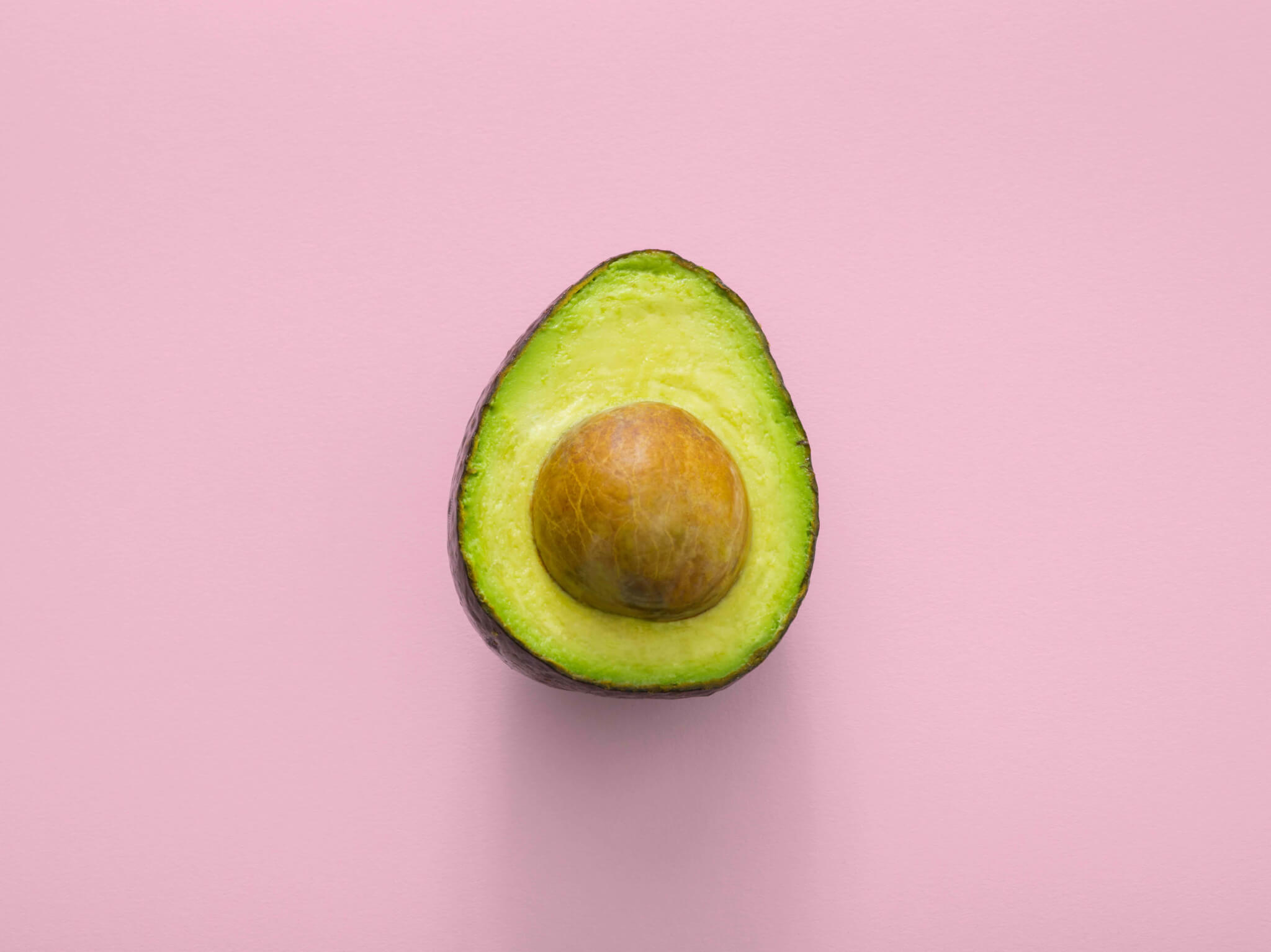Have you been told your cholesterol is high? You’re not alone. Nearly half of Irish adults have raised cholesterol levels, which significantly increases the risk of heart disease and stroke.
The positive news is that what you eat can make a real difference. While dietary cholesterol (from foods like eggs and shellfish) only contributes a small amount to blood levels, it’s saturated fat – from cream, cheese, butter, and fatty meats – that has the biggest impact.
Below are proven dietary changes that can help reduce your cholesterol and protect your heart.
What Is Cholesterol?
Cholesterol is a waxy, fat-like substance that your body needs in small amounts to build cells, make hormones, and aid digestion. However, too much “bad” cholesterol can stick to artery walls, increasing your risk of cardiovascular problems.
Types of Cholesterol:
- LDL cholesterol (Low-Density Lipoprotein) – Often called “bad” cholesterol, it contributes to fatty plaque in arteries.
- HDL cholesterol (High-Density Lipoprotein) – “Good” cholesterol that helps remove excess cholesterol from the blood.
- Triglycerides – Another type of blood fat, high levels of which are linked to increased heart disease risk.
5 Ways to Reduce Cholesterol Through Diet
1. Eat More Soluble Fibre
Soluble fibre binds with cholesterol in the digestive tract and helps remove it from the body.
Good sources include:
- Oats
- Barley
- Beans and lentils
Clinical studies show that eating just 5–10g of soluble fibre per day can lower LDL cholesterol by up to 10%[^1][^2].
2. Cut Back on Saturated Fat
Your liver uses saturated fat to make cholesterol. Reducing your intake of foods high in saturated fat can directly lower your cholesterol.
Common sources to reduce:
- Butter, cream, cheese
- Fatty cuts of meat and processed meats
- Biscuits, cakes, pastries
Replace these with heart-healthy unsaturated fats such as:
- Olive oil or rapeseed oil and spreads made from them
- Avocados, nuts, and seeds
Remember though, these alternatives contain as many calories and should be taken in moderation too.Replacing just 5% of your daily calories from saturated fat with unsaturated fat may reduce your risk of heart disease by 25%[^3].
3. Include Plant Stanols and Sterols
Plant stanols and sterols are naturally occurring compounds that reduce cholesterol absorption in the gut.
They’re found in small amounts in foods like soybeans, almonds, and sesame seeds, and in fortified products such as:
- Benecol
- Flora ProActivConsuming 1.5–2.4g per day can reduce cholesterol by 7–10% within 3 weeks[^4]. They are most effective when taken as part of a balanced, heart-healthy diet.
- 4. Eat Heart-Healthy FoodsEven if certain foods don’t directly lower cholesterol, they play a role in overall heart health.
Recommended options:
- Oily fish (e.g. salmon, mackerel)
- Nuts and seeds
- Plenty of fruit and vegetables
These foods contain omega-3 fats, antioxidants, and blood-pressure-lowering nutrients. Eating oily fish just once a week may lower your risk of fatal heart attack by up to 30%[^5].
5. Don’t Cut Out All Fat – Choose Wisely
Your body still needs some fat to function. Focus on the type and amount:
? Don’t eliminate healthy fats
? Use olive oil, nuts, and seeds in moderation
? Coconut oil is high in saturated fat – despite health claims, there’s limited evidence it improves cholesterol - Oily fish (e.g. salmon, mackerel)
What You Don’t Need to Do
❌ Avoid overly restrictive diets – they’re not necessary.
❌ Don’t fear cholesterol-containing foods like eggs or shellfish – for most people, these have minimal impact.
✅ Focus on realistic food swaps and sustainable habits including heart-healthy fats and fibre-rich foods.
Need Personalised Support?
If you’ve been told you have high cholesterol, or are taking medications such as statins, a Webdoctor GP or registered dietitian can help you make tailored nutrition changes. Book an online consultation today.
References
- White DK et al. (2020). Effects of soluble fibre on LDL cholesterol: a meta-analysis. JAMA Internal Medicine, 180(9), 1235–1245. Available at: https://jamanetwork.com/journals/jamainternalmedicine/fullarticle/2769083
- Li, Y. et al., (2015). Saturated fats compared with unsaturated fats and sources of carbohydrates in relation to risk of coronary heart disease: a prospective cohort study. BMJ, 351, p.h3978. Available at: https://doi.org/10.1136/bmj.h3978
- European Atherosclerosis Society (EAS) (2019). EAS Consensus Statement: Plant sterols and stanols in the management of dyslipidaemia. Atherosclerosis, 284, 146–155. Available at: https://doi.org/10.1016/j.atherosclerosis.2019.03.014
- He, K., Song et al. (2004). Accumulated evidence on fish consumption and coronary heart disease mortality: a meta-analysis of cohort studies. Circulation, 109(22), 2705–2711.




